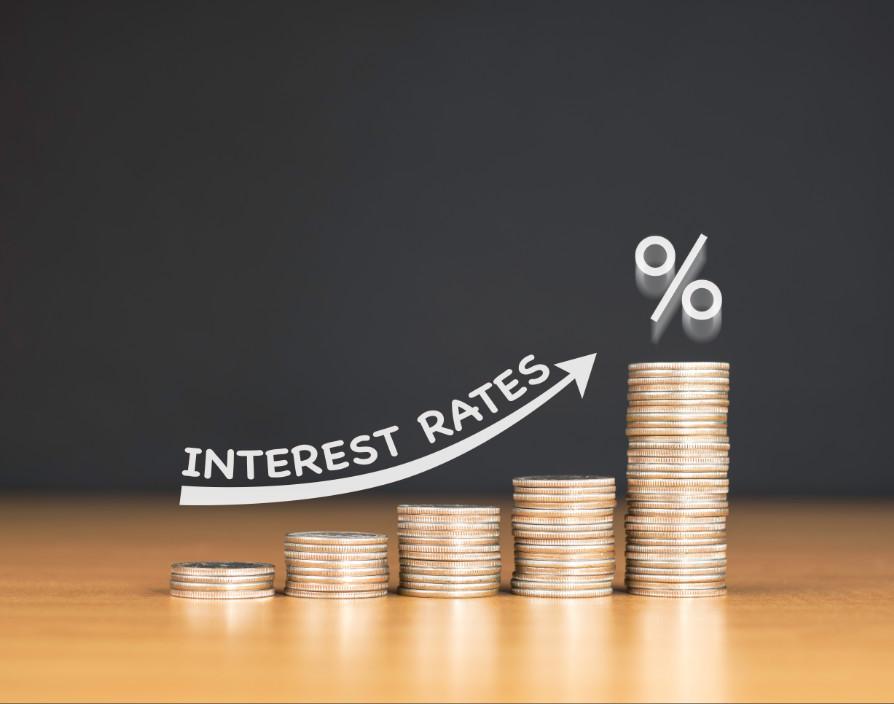The Bank of England has raised interest rates to 4% – its highest in 14 years
The Bank of England has raised interest rates for the 10th time in a row – and a senior policymaker has predicted it could rise further. Interest rates are rising to bring down inflation, which has gone up due to the cost-of-living crisis, increased cost of goods and spiralling energy bills. The rate at which prices are rising has dropped back slightly, but inflation remains near a 40-year high.
Interest rates are rising – and the hope is that higher rates will slow economic activity, which in turn will reduce prices and the cost of living. Catherine Mann, an independent economist on the Bank’s rate-setting monetary policy committee (MPC), said there were “material upside risks” to keep raising interest rates to prevent high levels of inflation as the Covid pandemic, Russia’s war in Ukraine and Brexit continue to weigh on the economy.
In a speech at the Lamfalussy Lectures Conference in Budapest on Monday, Mann said: “The UK suffers not only from the Covid and energy shocks, but also the negative supply shock – the ‘worst of all worlds’.” She said uncertainty around when the turning point for inflation would come “should not motivate a wait-and-see approach” over setting interest rates. The Bank of England has raised interest rates for the 10th time in a row, which now stands at 4%, its highest in 14 years – and Mann said further increases would still be required.
“We need to stay the course, and in my view the next step in bank rate is still more likely to be another hike than a cut or hold,” she said. Analysts believe the rate will peak at 4.5% in the summer. Forecasters suggest interest rates will stop rising by the middle of this year. The Bank of England’s governor, Andrew Bailey, may address those forecasts later.
Bank of England interest rates also influence the amount charged on things such as credit cards, bank loans and car loans. Many homeowners are now facing the likelihood of much more expensive monthly repayments. The Bank of England says up to four million households face a higher monthly mortgage bill this year.
For those looking to save their money in banks, the deals being offered by banks and building societies now are better than anything seen for years as they usually pass on interest rate rises to customers. However, interest rates are not keeping up with rising prices. This means the value of cash savings – its buying power – is falling in real terms. With Covid restrictions easing, people are spending more, resulting in prices going up quickly worldwide. With more people buying goods, many businesses are struggling to get enough goods to sell. As a result, prices have increased. Russia’s invasion of Ukraine has also caused a sharp increase in oil and gas prices.
Mann said the risk of inflation remaining higher for longer should force the Bank to err on the side of caution by responding with further rate increases. “The costs of making a mistake if the true inflation process is more persistent are larger than if the true inflation process is less persistent,” she said. “A tighten-stop-tighten-loosen policy boogie looks too much like fine-tuning to be good monetary policy. It is both hard to communicate and to transmit through markets to the real economy.”
Share via:








































